World War Two
Where can I find information about World War Two?
(Years 7-10)
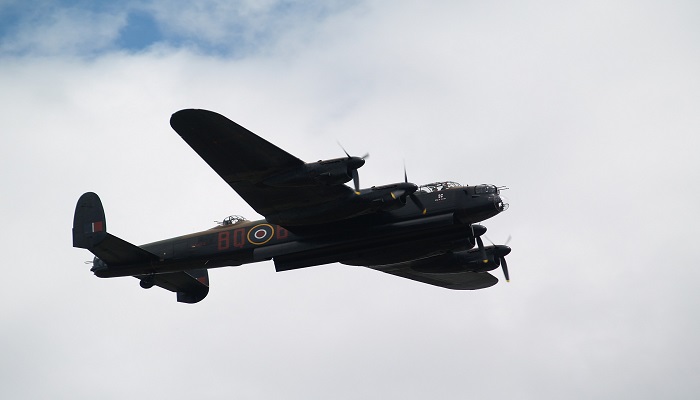
Image: Bomber War Aircraft Airplane World Military Air by Gigglekid on pixabay.
Entry last updated: 10/07/25
Introduction
World War Two (World War II, WWII, or WW2) was a global war which resulted in the death of 50 to 85 million people. It became the deadliest and most widespread conflict in human history. The war lasted from 1939 to 1945 with the involvement of most countries including all of the worlds' great powers.
General websites
Here are some reliable websites that cover how the war began, countries involved, the important battles, life of soldiers and civilians during the war years, how the war ended and life in the post-war years.
This is one of the EPIC databases, which is a collection of reliable databases covering lots of different topics. It’s put together especially for New Zealand school students and helps to answer questions like this. Britannica has articles, journals and periodicals, multimedia, primary sources and other learning resources related to World War Two.
Select a level eg Middle.
Do a keyword search for 'World War Two'.
Select a link from the search results eg World War II (1939-1945).
You can move up and down a level if you need to.
Tips: Search words, or keywords, are the most important words in our question. Usually it's better to leave out small words like the, a and of and just choose the main ones, eg Somme. We can always change our keywords or add more if we need to.
World History (Gale In Context)
This is another EPIC database which provides an overview of world history including World War Two.
Use keywords such as Pearl Harbour attack or Battle of Normandy.
Or, go to Browse Topics to find World War II and the Holocaust.
Tips: To get to the EPIC databases you will need a password from your school librarian first. Or, you can log on to AnyQuestions and one of the librarians can help you online. Some EPIC databases may also be available through your public library.
Located in Britain, the Imperial War Museum is said to be one of the best museums dedicated to military history.
Go to the tab called Objects & History to find Stories & Videos.
Look down the page for Second World War to find a wide range of information eg How Europe Went To War In 1939.
Remember to select the Read more button to find lots more stories, art, videos and photographs on life in Britain during the war, the holocaust, prisoners of war and more.
If you go to the end of the page you can keep exploring from the various number of pages.
Tips: Websites that have .org or .net in the address can have good information, but you need to assess how reliable it is. Check the About us link on the website, if you can find one. That can tell you what the organisation’s mission and values are.
New Zealand websites
New Zealand was also involved in World War Two. Here are some good places to find out more about war from a New Zealand perspective and the part the country played.
Te Ara Encyclopedia of New Zealand
This is one of the best places to start for information about the people, places, history and culture of Aotearoa New Zealand. It belongs to the Ministry for Culture & Heritage.
Look under Stories A-Z and choose S.
Select the article Second World War to read about New Zealand's involvement in places like Greece and North Africa.
Tips: We like sites like this because they're reliable. You can tell because of their web address - they have either .govt or.ac, meaning they are from government or educational organisations.
This website has heaps of information about New Zealand's involvement in the Second World War and also what it was like for those back home in New Zealand during that time.
Select Topics at the top of the screen.
Choose New Zealand at War.
Select Second World War.
Choose topics eg The Second World War at home, Māori War Effort Organisation and War in the Pacific.
Tips: If we go all the way down the page we can see that the website belongs to the Ministry for Culture & Heritage, so the information is well-researched and reliable.
DigitalNZ is a search site that focuses on New Zealand history and brings together results from lots of different websites such as New Zealand libraries, museums, universities and government sites all at once. It has lots of primary sources.
Enter the keywords 'World War Two' into the search box.
You will notice the results are grouped into images, audio, videos, articles and more.
Watch the video Women at War or listen to the audio of Sir Keith Park and The Battle of Britain.
This is a great website where you can watch documentaries about the war.
Do a keyword search for 'World War Two'.
Select The World War II Collection.
You will find lots of interviews with soldiers who went to war, and documentaries on the war years.
This comes from the Auckland War Memorial Museum and is a living memorial to New Zealanders who served in international conflicts.
You can either search for a person or by keyword to find records for people.
Or, from the Online Cenotaph menu choose Cenotaph Stories.
Under View by topic choose WWII.
These include short stories about people involved in World War Two including soldiers from Niue, Tonga, and the Cook Islands.
Books
There have been many books written on World War Two — check out your local public or school library to see what they have.
Some recommended titles are:
What was D-Day? By Patricia Demuth
World War II: Visual Encyclopedia by Brian Williams
D-Day by Bryan Perrett
The Second World War by Dominic Sandbrook
50 things you should know about the Second World War by Simon Adams.
SCIS no: 1905042
Topics covered
Related content
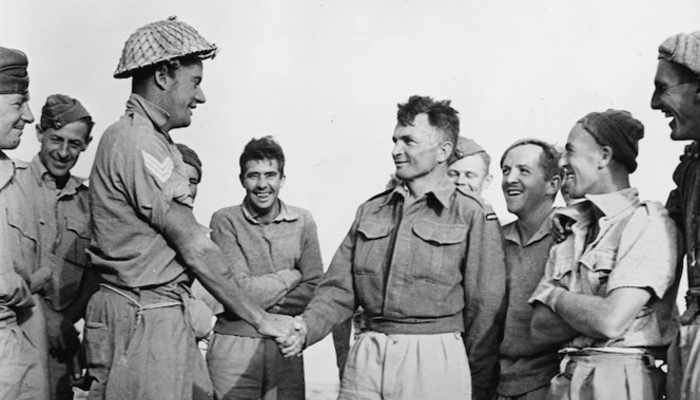
Charles Upham (1908–1994)
Where can I find information about Sir Charles Upham?

WW2 (primary sources)
Where can I find primary sources for World War Two?
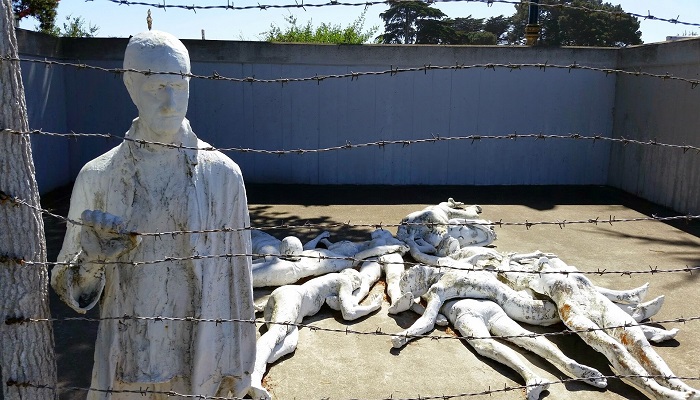
Holocaust (World War 2)
Where can I find information about the Holocaust?
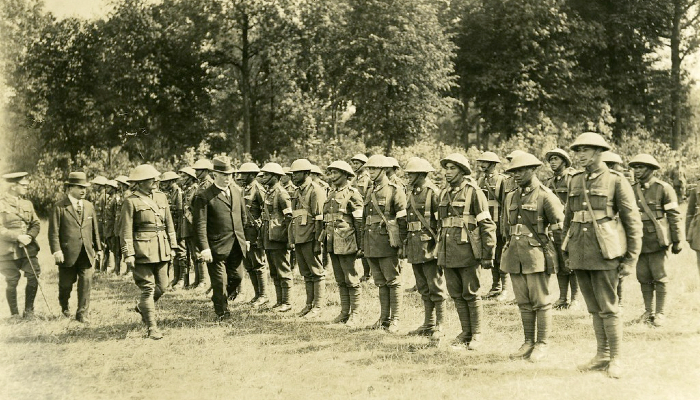
Māori Battalion
Where can I find information about the Māori Battalion?
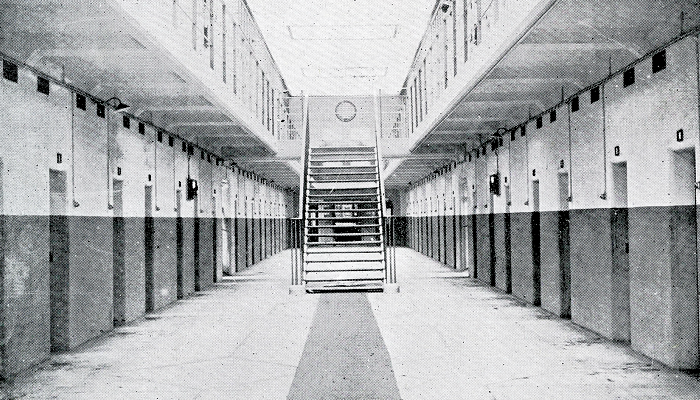
Conscientious objectors
Where can I find information about conscientious objectors?
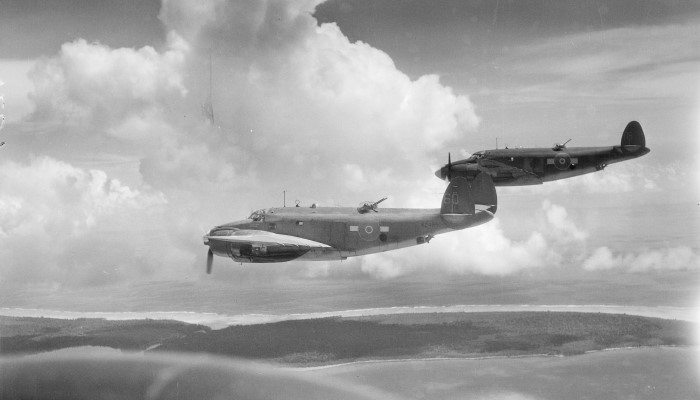
World War Two (battles and campaigns)
What were the main battles or campaigns of World War Two that New Zealanders were involved in?
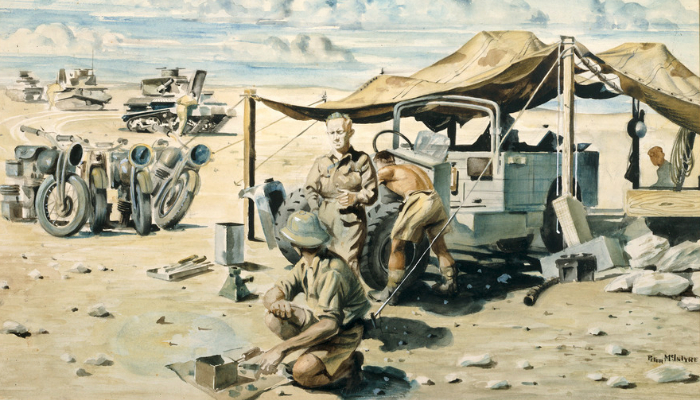
World War Two (causes and impacts)
Where can I find information about the causes and impacts of World War Two?
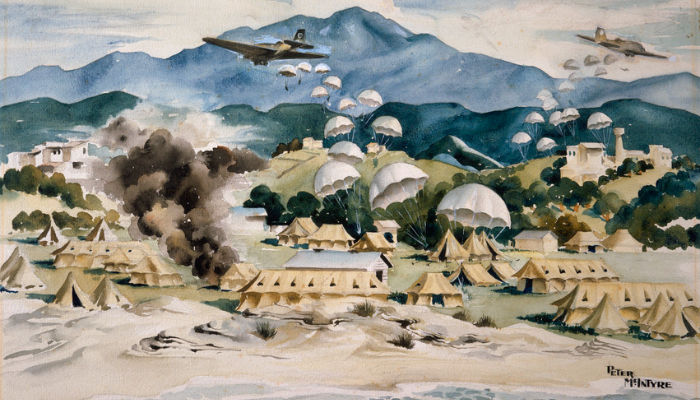
World War Two (NZ involvement)
Where can I find information about New Zealand's involvement in World War Two?
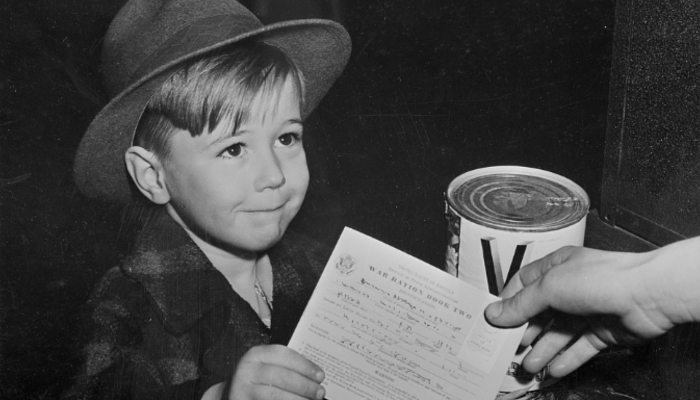
World War Two (daily life)
Where can I find information about daily life during World War Two?
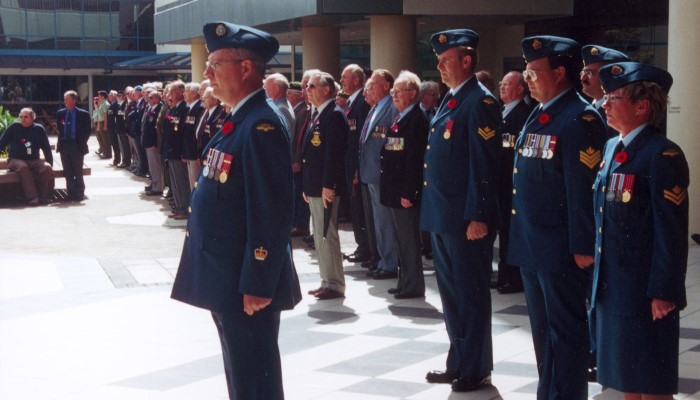
Changing views on conflict
Where can I find information about the local histories of Auckland | Tāmaki Makaurau?
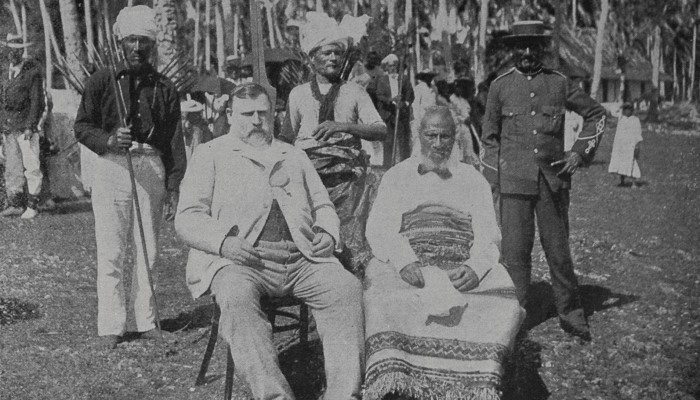
Colonial power in the Pacific
Where can I find information about the local histories of Auckland | Tāmaki Makaurau?
